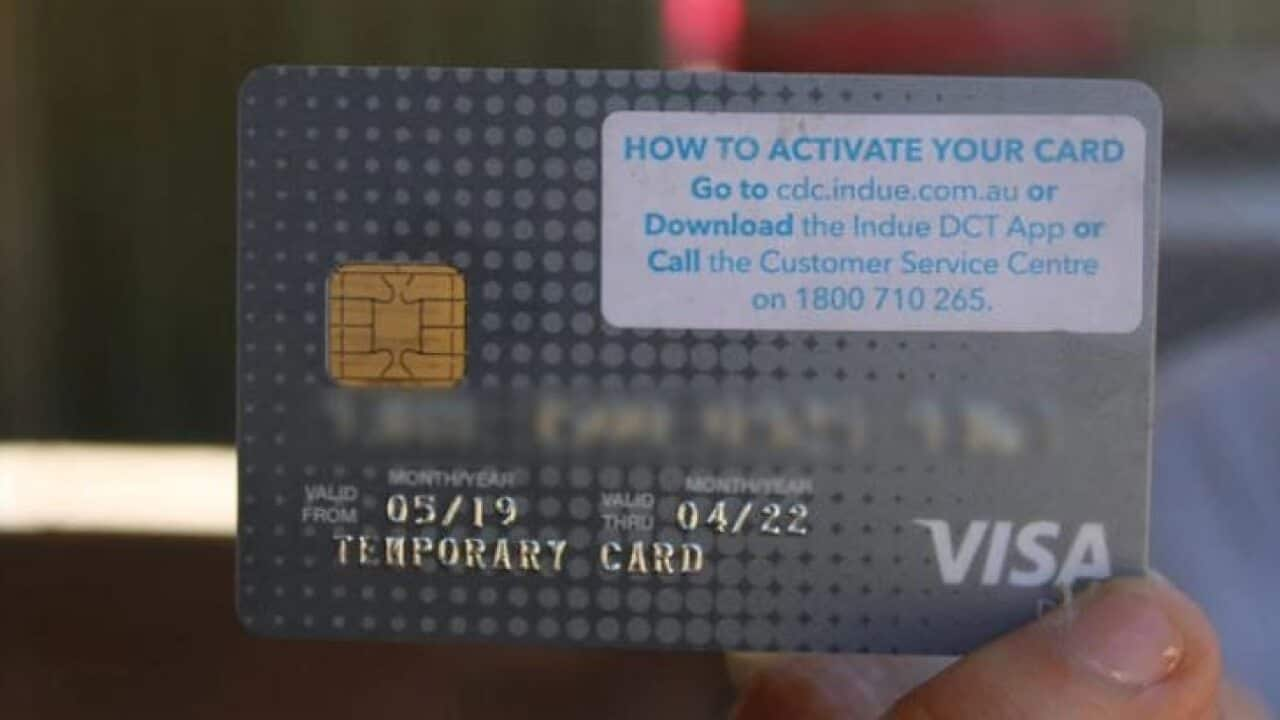A Senate inquiry has recommended the passing of a government bill which would make the cashless debit card permanent in some communities, all of which have high Indigenous populations.
The scheme – which moves up to 80 per cent of a person's welfare benefit to a debit card that can only be spent on what the government deems 'essential' – would become a permanent fixture for residents in the Northern Territory, Cape York, Ceduna, the East Kimberley, Goldfields, Bundaberg and Hervey Bay if the bill passes parliament.
The cashless debit card has now been subject to six parliamentary inquiries.
Labor and the Greens have raised concerns about the expansion of the controversial cards, both handing down their own dissenting reports.
Labor senators Malarndirri McCarthy and Pat Dodson said about 68 per cent of people impacted by the bill are First Nations people, arguing the plan is "racially discriminatory".
In their dissenting report the senators said they were "incredibly disappointed" as the bill is "counter" to Closing the Gap agreements.
"It is not consistent with genuine partnership, or with a First Nations-controlled approach to service delivery," said Labor's dissenting report.
Senator McCarthy took to social media to reiterate that there was "no evidence" the cashless debit card works.
Greens senator Rachel Siewert said that the card adversely impacts people and should be abandoned.
“Through this inquiry process and over many years, the government and supporters of this card have failed to provide any quantitative evidence that the card has met any of its objectives”, Senator Siewart said.
In her dissenting report Senator Siewart recommended that the bill not be passed.
Senator Siewert said she is also concerned about the lack of community consultation on the plan, with the measure surprising stakeholders when it appeared in October's federal budget.
In handing down the latest inquiry's recommendations the committee chair, Liberal Senator Wendy Askew, said the inquiry was "encouraged" by reports from local communities that the card was having a "positive impact" at the trial sites.

